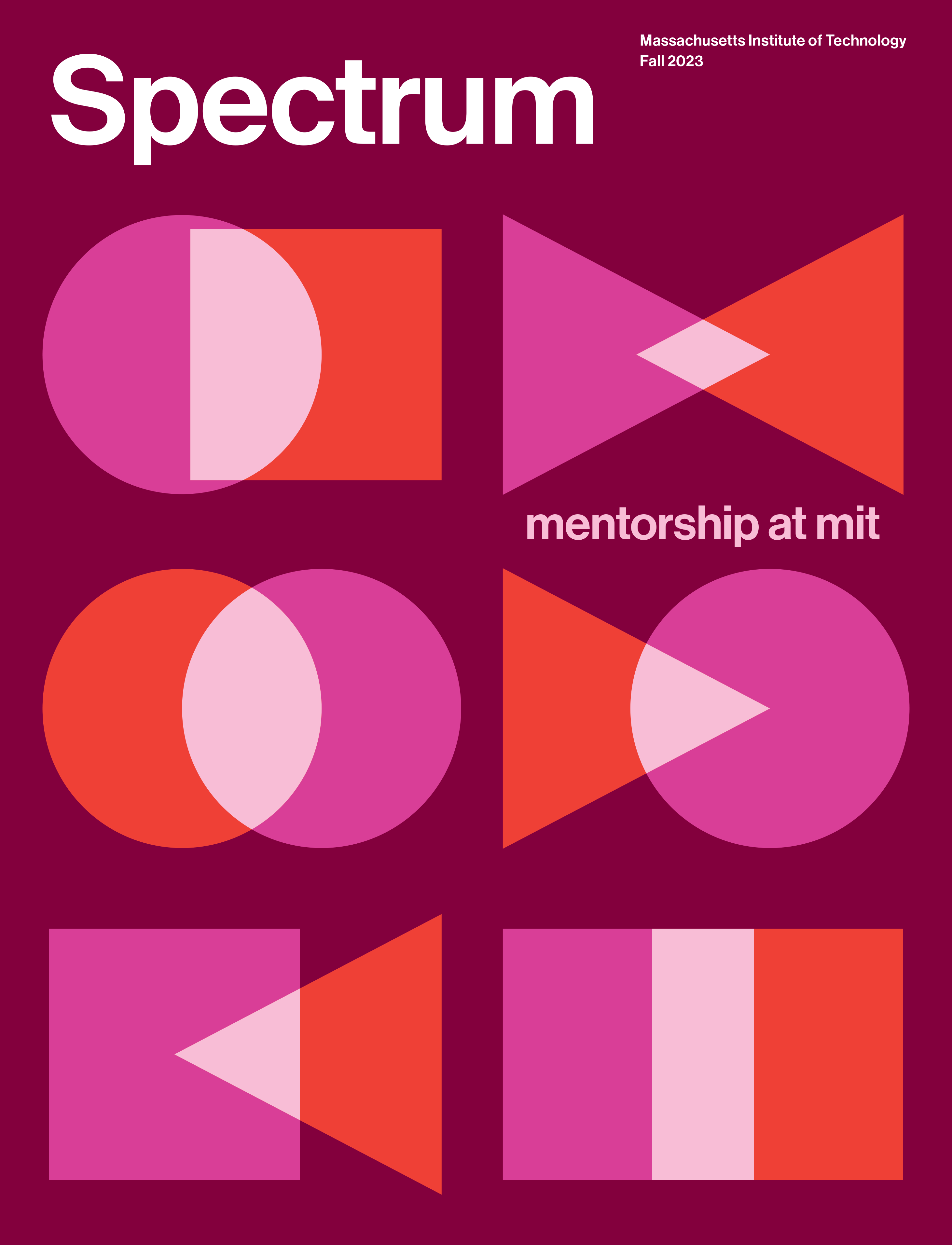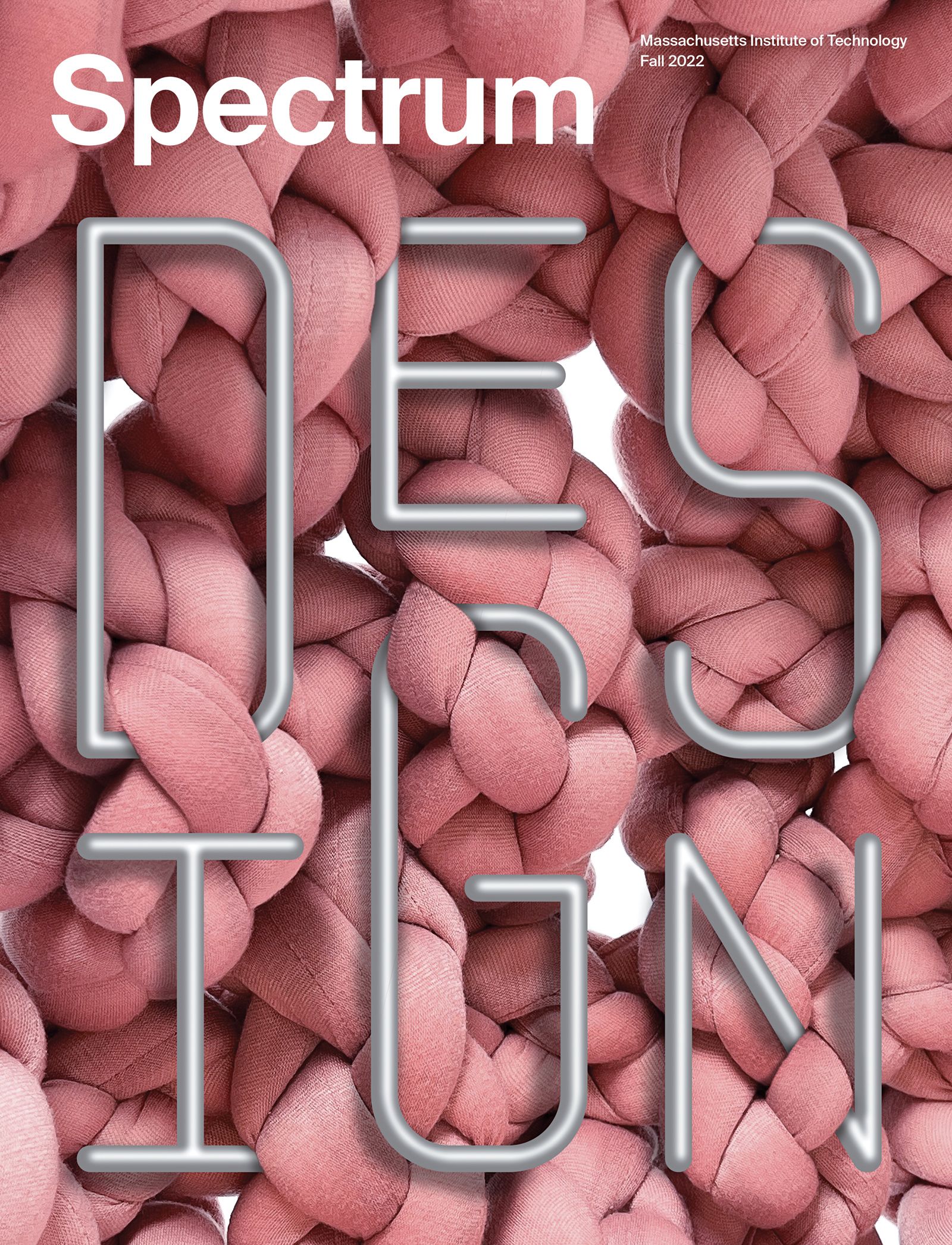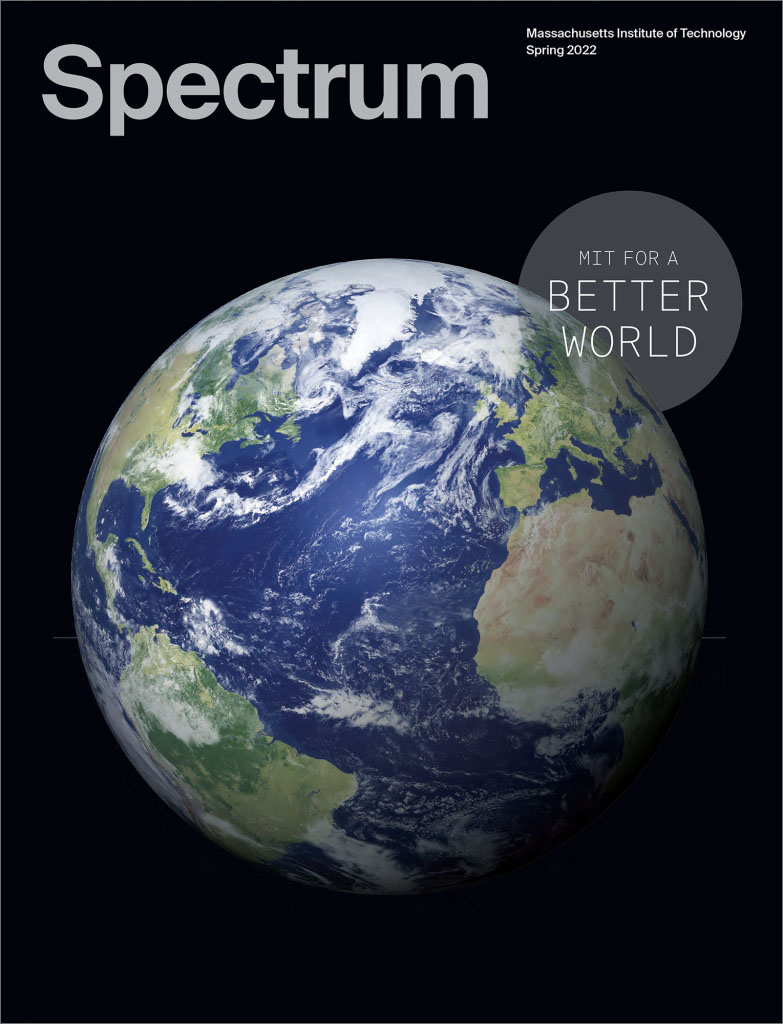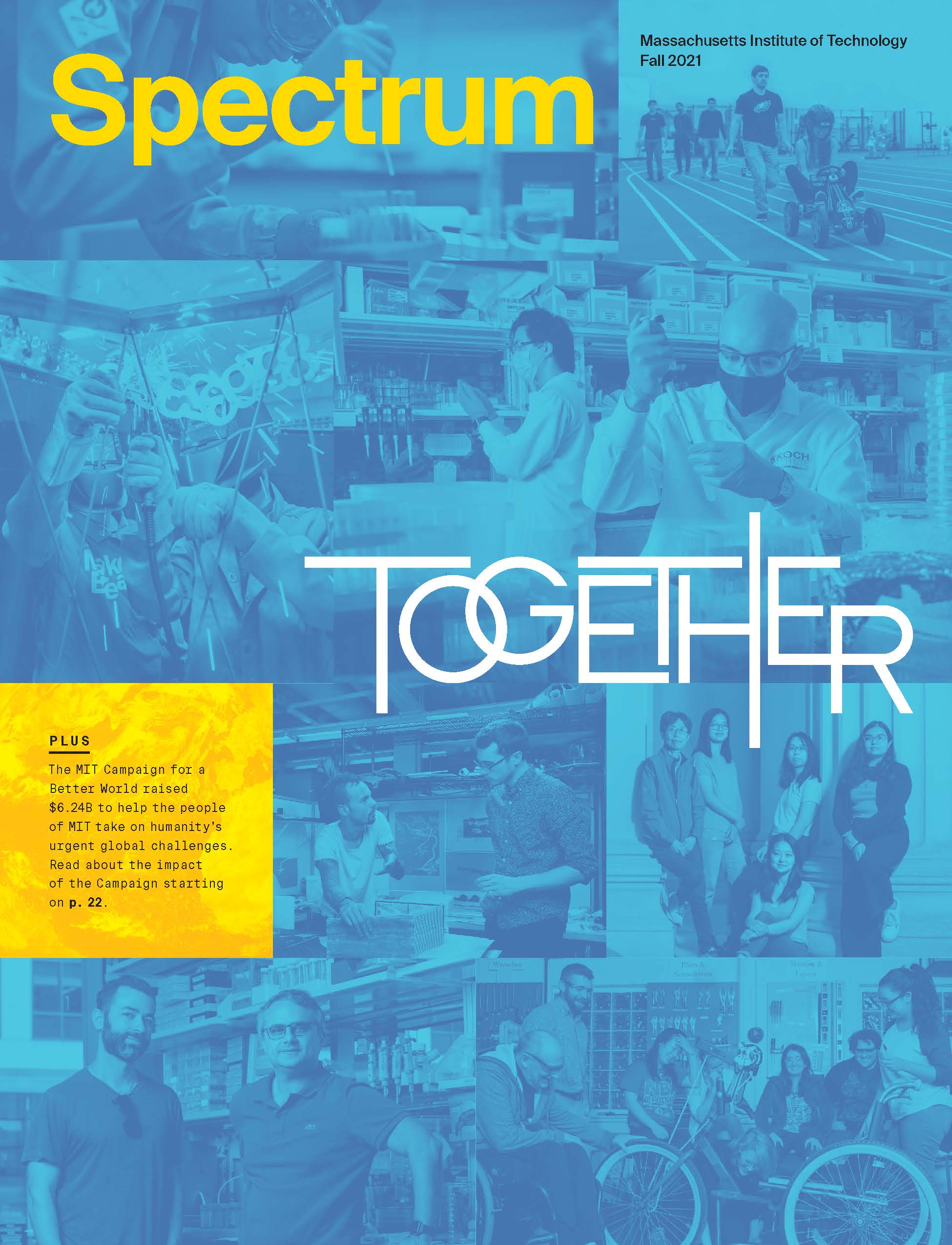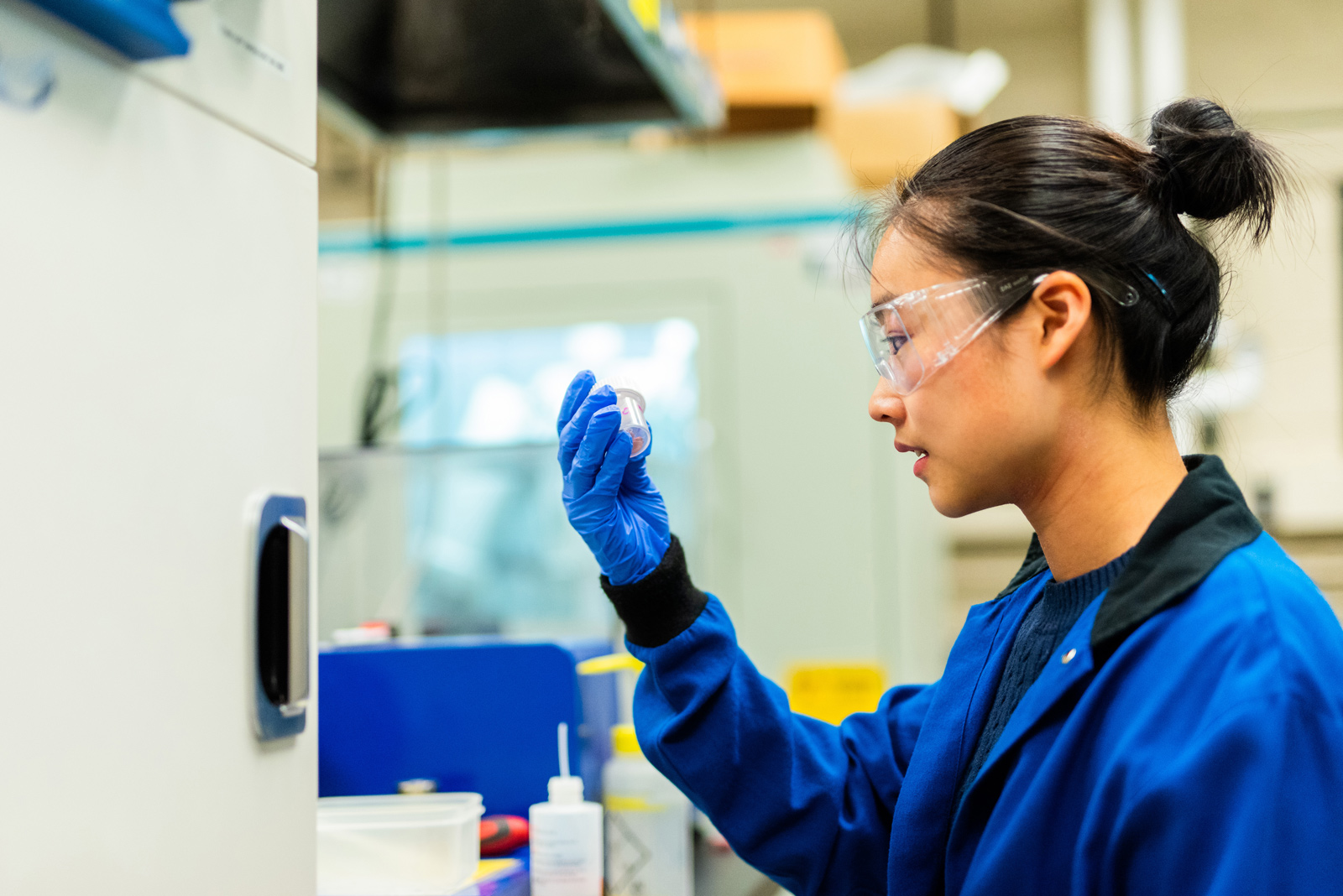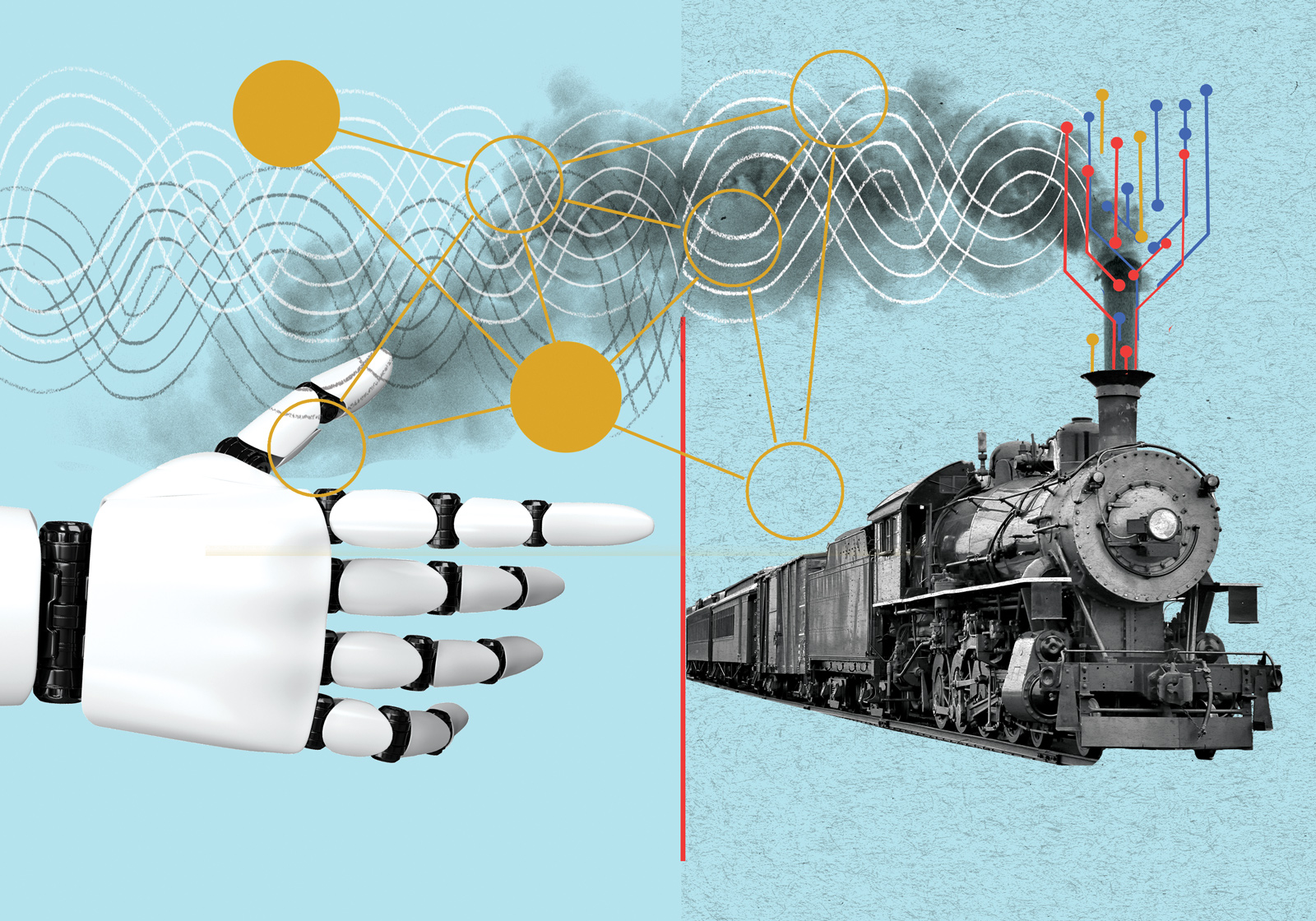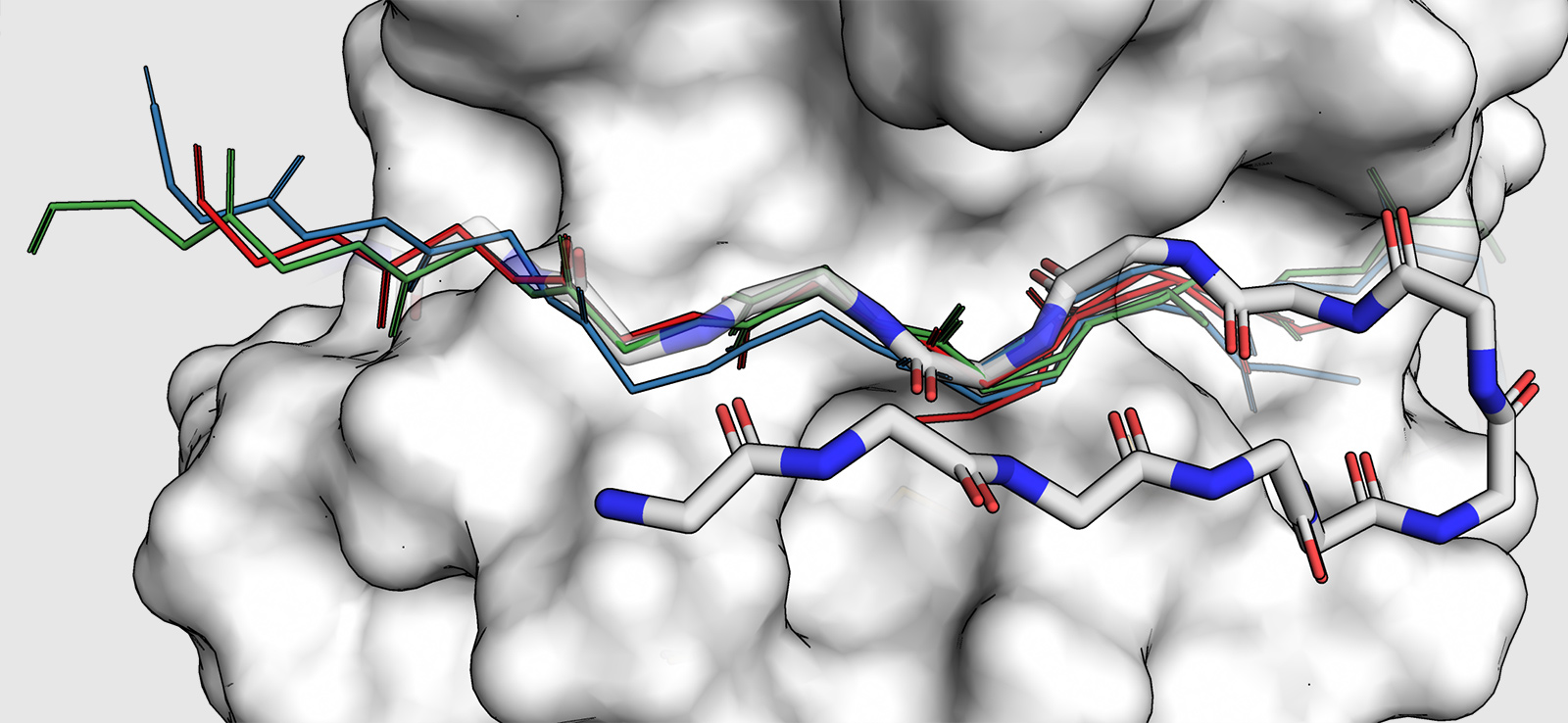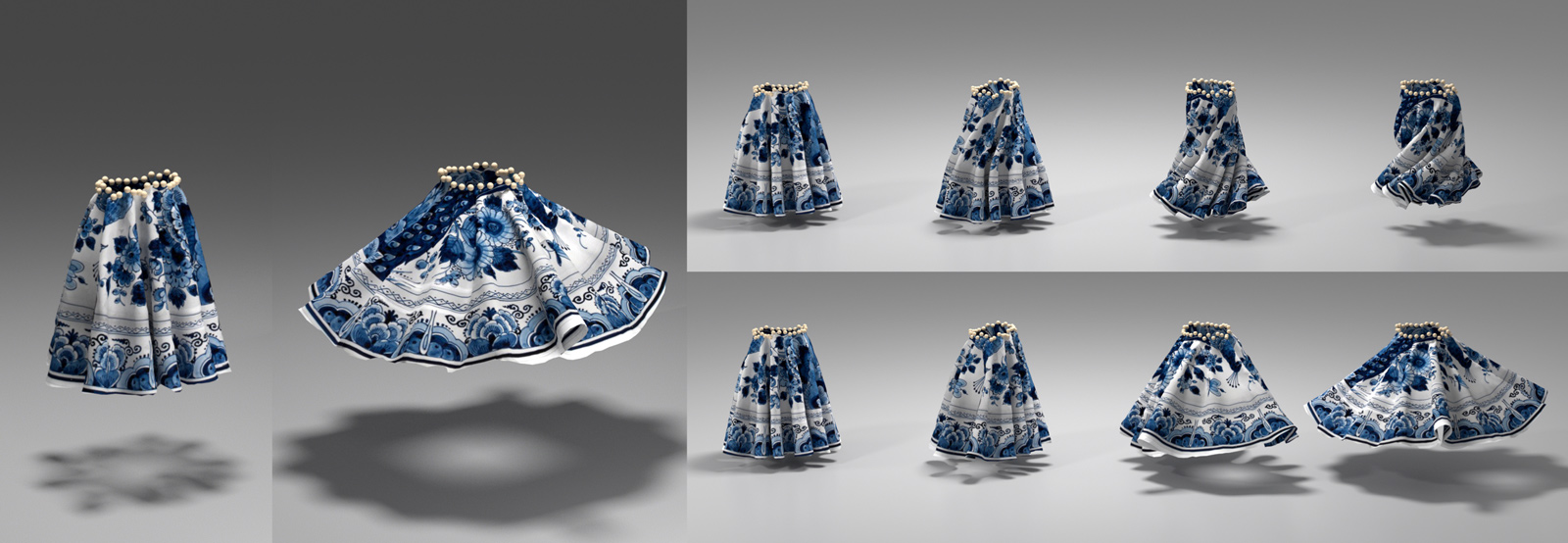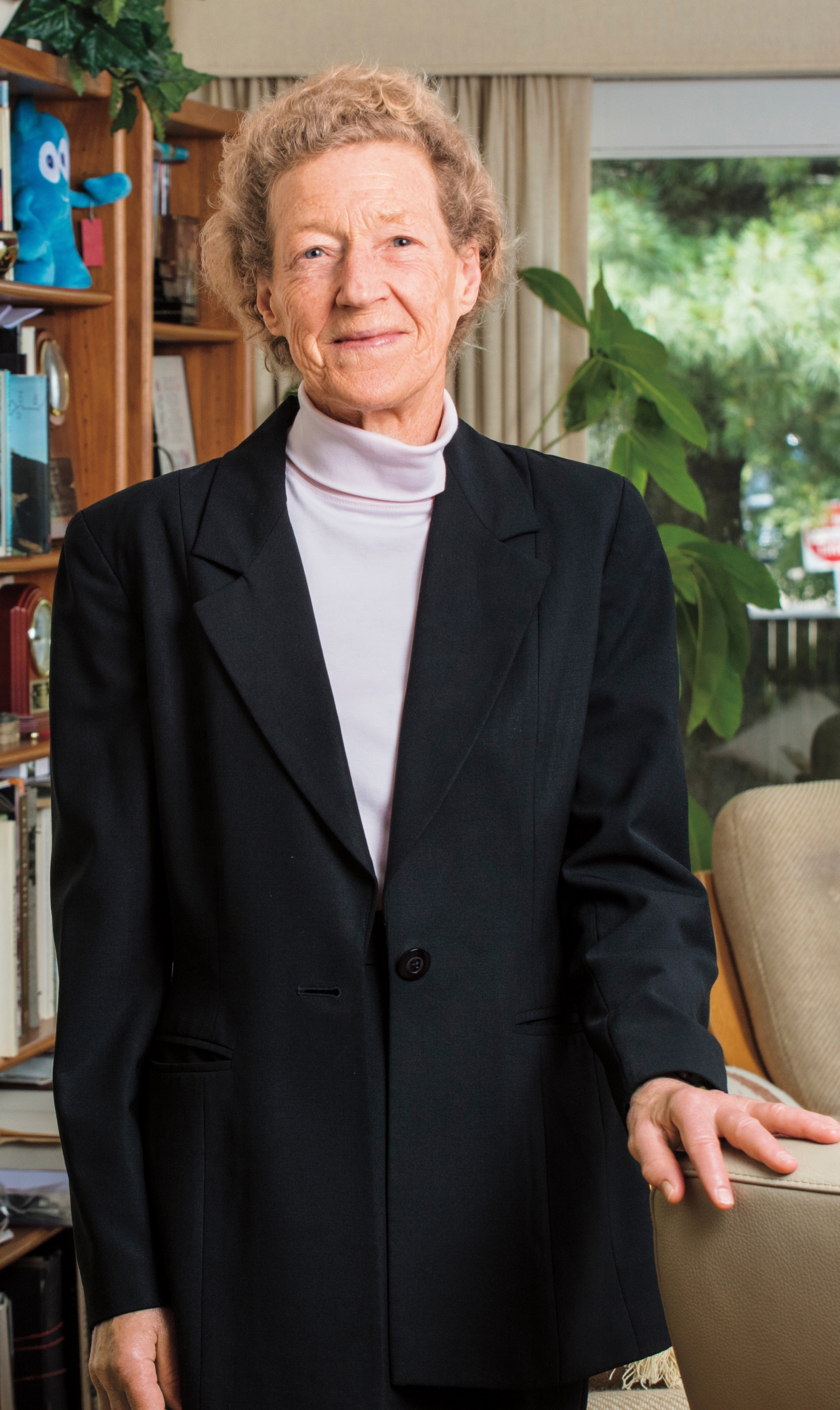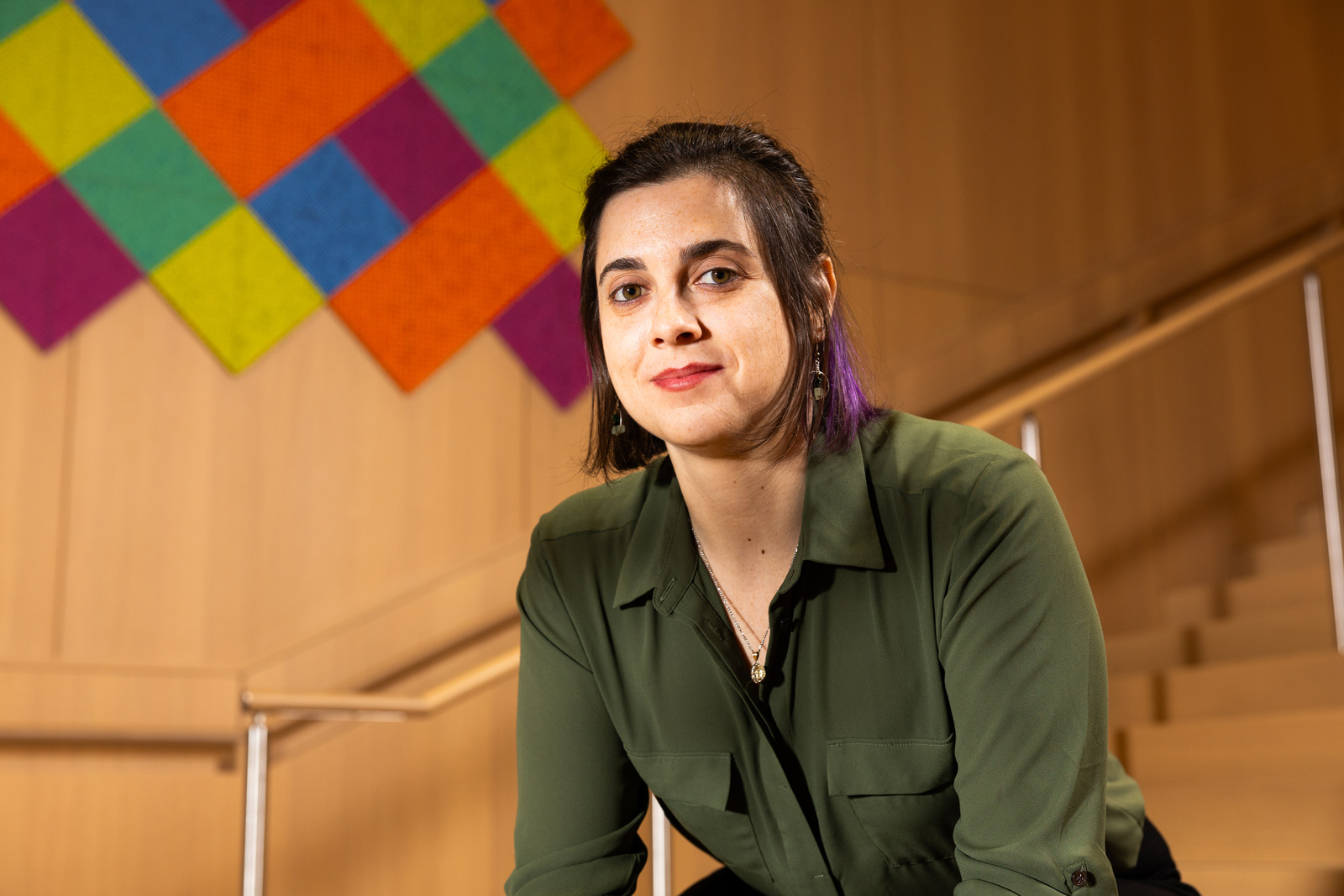
Biometrics in the Age of Artificial Intelligence
Lessons from the past can inform the ethical use of government-sponsored identification systems

Weaving a Web of Textile Research
MIT Fabric Innovation Hub aims for sustainable clothing manufacturing
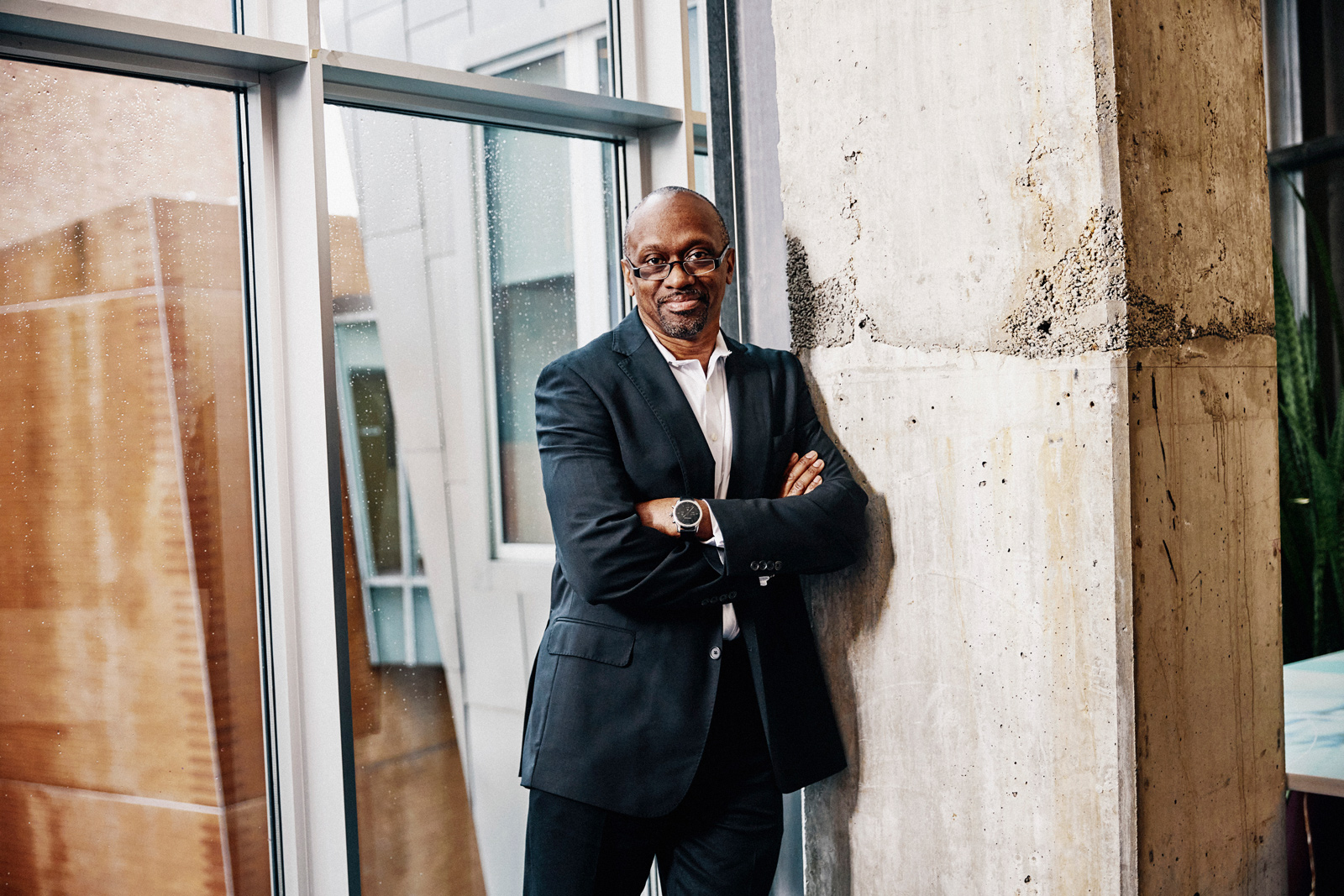
Better Cardiovascular Care through AI
Professor and physician Collin Stultz wants to help heart patients everywhere by applying machine-learning techniques to cardiovascular medicine
MIT’s Responsibility to Lead in a Challenging World
Vice president for resource development talks about the Institute’s vital role in addressing the most critical issues of our time
Economics Research to Change the World
New fundraising effort keeps MIT Department of Economics at the vanguard of an evolving field
Our Fandoms, Ourselves
In Comparative Media Studies/Writing class, students explore fan culture as “a powerful tool for social engineering”

A State-of-the-Art Space for Sparking Innovation in Computing and AI
The new home of MIT’s Stephen A. Schwarzman College of Computing opens the college to the world
Spotlight On: What's Next?
Better Cardiovascular Care through AI
Professor and physician Collin Stultz wants to help heart patients everywhere by applying machine-learning techniques to cardiovascular medicine
Biometrics in the Age of Artificial Intelligence
Lessons from the past can inform the ethical use of government-sponsored identification systems
Combining Tech and Finance to Power Clean Energy
Shu Yang Zhang ’24 plots a course for impact with a double major in materials science and engineering and finance
MIT experts on how the choices we make now will determine AI’s influence on work in the future
Popular
Biologist Amy Keating Designs Proteins to Thwart Disease
Lab draws on advances in computational tools to explore creating proteins from scratch
A Scroll Through Class Offerings in Design
In fields as diverse as aerospace, theater, and neurobiology, classes reveal logical, practical, and rigorous approaches to design


